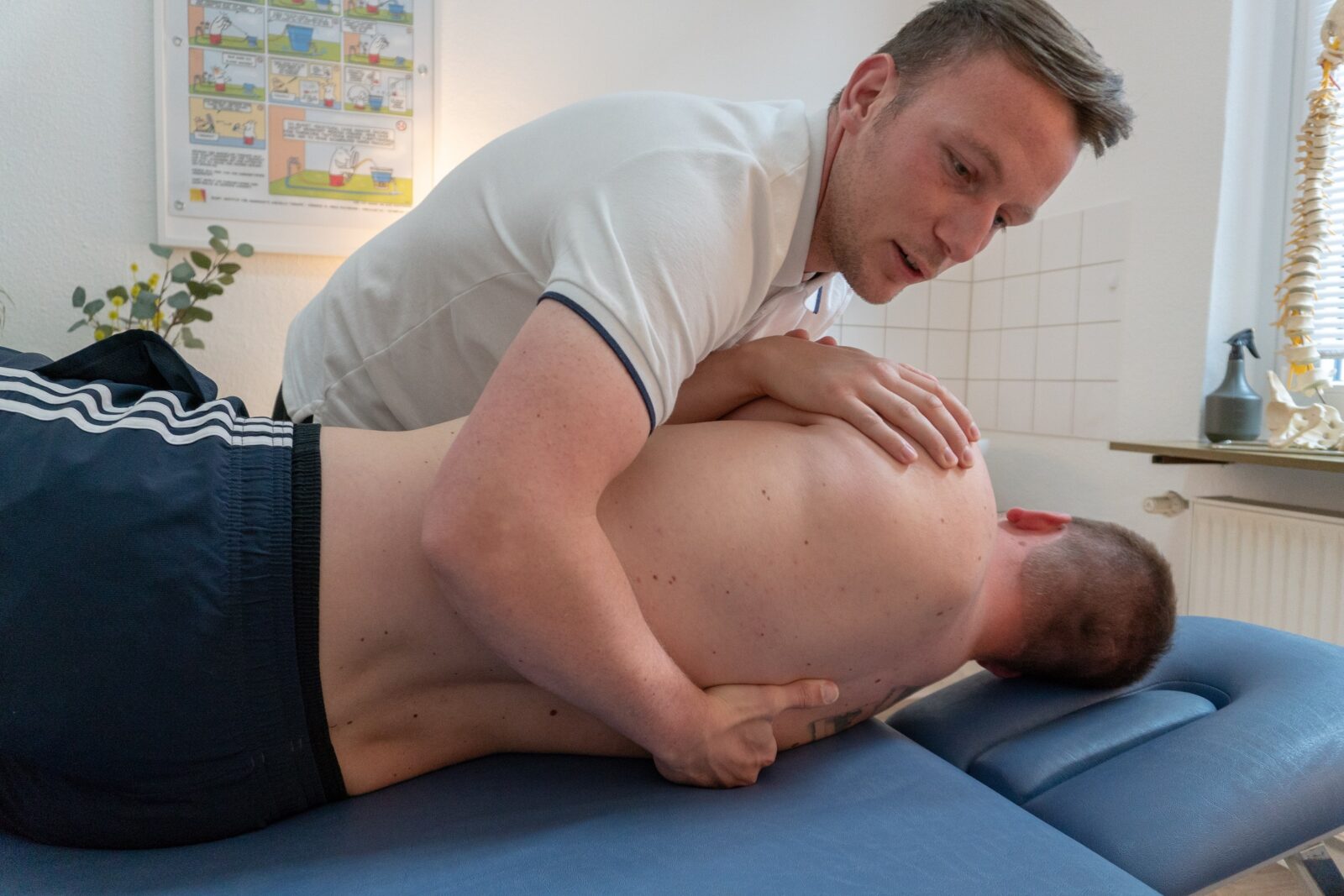In the last few years, the pandemic has transformed the healthcare industry in terms of quality of patient care and approach to health issues. While digital medium and online consultation saw dramatic hype, there was a lot of curiosity about medical advancements and upcoming trends in medical equipment and technology. This inquisitiveness reiterated the importance of continuous training of healthcare professionals and those related to medical services so that they stay abreast with the changing trends and methodologies.
Various medical institutions and educational organizations offer training and courses that help sharpen these professionals to serve the highest level of patient care and services. In recent times, trusted assessor courses are gaining huge popularity because of the comprehensive curriculum that prepares you to cater the demands of the industry and serve the highest quality of patient care. Before we dive deep into the course, let’s understand who is a trusted assessor.
Who is a Trusted Assessor?
A trusted assessor is someone who is related to medical services or is a healthcare professional. They assist the patients in a variety of ways whether it is making plans, implementing assessments, hospital discharge, audits, or inventories.
A trusted assessor is responsible for a smooth transition of patients from hospital to home. They also promote independent living among elderly and disabled people by assisting and referring to different ways and methods of independent living at home. A good trusted assessor has an in-depth knowledge of the basic medical equipment and general items related to patients, such as dressing aids, mobility aids, kitchen aids, etc.
Depending upon your previous experience and interest, you can choose the area and gather skills in the same domain by opting for trusted assessor courses.
Who can become a Trusted Assessor?
Anyone can become a trusted assessor, whether you are an occupational therapist or a product specialist. Various courses are available with specialization in different areas, such as referring to independent disabled living, demonstrating and implementing minor adaptations, assessment and home improvement, etc.
The course is suitable for surveyors, home agency staff, social workers, care managers, rehabilitation assistants, physiotherapists, technicians, shop assistants, etc.
What are the Duties of a Trusted Assessor?
The work profile of a trusted assessor is not restricted to hospitals or offices, but includes regular home visits and interaction with the patients to understand their issues and chart out a plan that makes their life easier. This might include referrals to a qualified physiotherapist or a change in disabled equipment as per the patient’s requirements. Only an experienced and empathetic assessor can understand the patient’s situation and can make their everyday life easier with their practical solutions.
It is the role of a trusted assessor to understand the risk factors in the lives of patients and provide them with safe options. This might include changes in perching stool, stair rails, bath boards, bed raisers, etc.
Trusted Assessor Courses: Online Vs Practical Training
Although practical training is the best way to learn any skill, one cannot negate the importance of online training, especially after the Covid-19 outbreak. Various leading healthcare organizations and medical institutions offer different types of courses that include both online and practical sessions to showcase a holistic approach to understanding the patient’s needs and intervention. Whether it is about minor adaptations or major changes at home or the knowledge of medical supplies and equipment, it is imperative to have exposure to deal with different situations to succeed as a trusted assessor.
Ending Note
If you have a keen interest in serving people and are passionate about improving the lives of specially-abled people, the trusted assessor courses are a great option. If you look at it professionally, there is a lot of scope in the field of medicine and if you are already related to the healthcare industry, these courses would open up new opportunities to grow both personally and professionally!

